One summer evening I was walking across the ISU campus to get to the lab where I was doing my research. All was quiet and still – not a person was in sight. As I was crossing a big grassy area in the center of campus I was suddenly aware of a large silent presence flying over my head. Moments later, I could see a barn owl making its way toward the trees ahead of me. I was impressed that such a large animal could move so silently. The feathers that make up the wings of owls are uniquely designed to not flutter when they flap their wings – a decided advantage when your livelihood depends on catching the unsuspecting prey.
In addition to their inaudible flight, owls are equipped with several other features which allow them to be masterful predators. Their eyes are positioned in a forward direction which improves their depth perception. The downside to this is a limited field of view, but this is overcome by their unique ability to turn their head 180 degrees in either direction. They also have an acute sense of hearing with large, asymmetrically positioned ear holes which augments their ability to locate prey by sound alone – handy when you are hunting at night. Once the prey is located, the owl can silently swoop down and nab it with its razor-sharp talons.
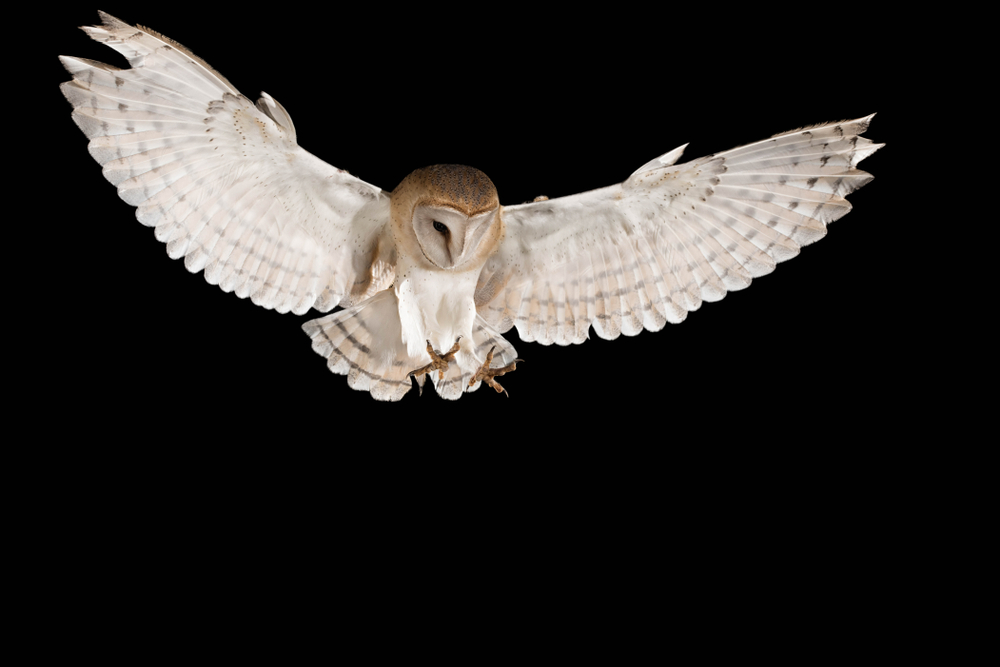
The fact that owls are so silent, move about only at night, and are highly efficient predators makes owls rather creepy to some people, but very cool at the same time. This paradoxical nature of owls was useful to the biblical authors. The references to owls in scripture seem somewhat ominous, but they have something important to tell us about how God is at work which is also very cool.
One thing which sets owls apart from other animals mentioned in the Bible is the level of specificity given to owls. For most animals, a single name is used for what could refer to any number of similar species. For owls there are six different names which are listed together indicating they recognized distinct species. Even with this level of specificity, it is still difficult to identify which particular owl is being referred to. Some have attempted to associate these names with a certain species of owls, but this is purely speculative[1]. The Hebrew names for owls are derived from some physical characteristics which may not be entirely unique to owls. This resulted in some early English translators misidentifying owls as some other kinds of birds.
One of the names for owls is derived from a word which means “to vomit”. This caused translators of the King James Bible to translate the word as “pelican” or “cormorant” because these are birds which regurgitate food, but this is also a practice of owls. After eating an animal, owls will regurgitate pellets comprised of the hair and bones of their prey. These pellets can be found on the ground where owls roost, and can be dissected to determine what an owl has been eating.
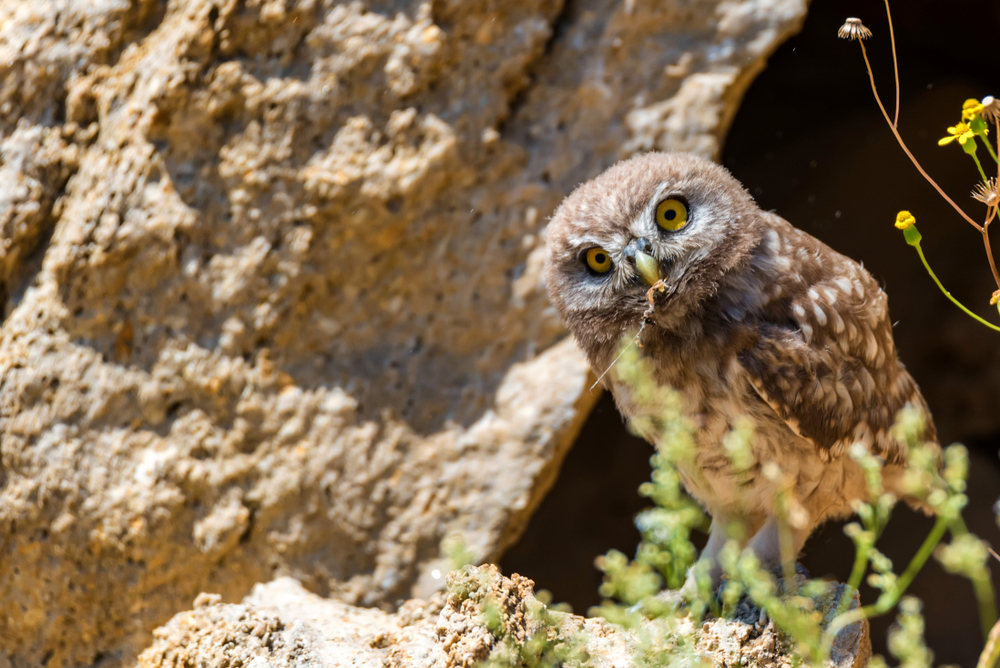
Another name for owls was mistranslated as “bittern” because the name is derived from a word which describes a contracted form and referred to the bird’s ability to hunch down into a ball. This is something bitterns do as they squat down among reeds in a marsh, but this is also a characteristic behavior of owls. The problem with both of these mistranslations was that they did not take into account other contextual information. Scripture often describes the location of these birds in abandoned cities in the deserts. Pelicans, cormorants and bitterns, however, are all inhabitants of aquatic environments.
But why would the Hebrews have been so precise on the naming of different species of owls? I suspect this may have to do with the early Hebrews having a greater encounter rate with these birds than other wild animals. We tend to only give names to things which we commonly see. While naturalists over the past couple centuries have been more diligent about naming and identifying every possible organism in different ecosystems, many organisms are given a Latinized species name, but have no designated common name. This happens because most people do not encounter them and have no need to talk about them. In the biblical Middle East, many types of owls would have been rather frequent visitors to villages of the early Hebrews as we will see in a moment.
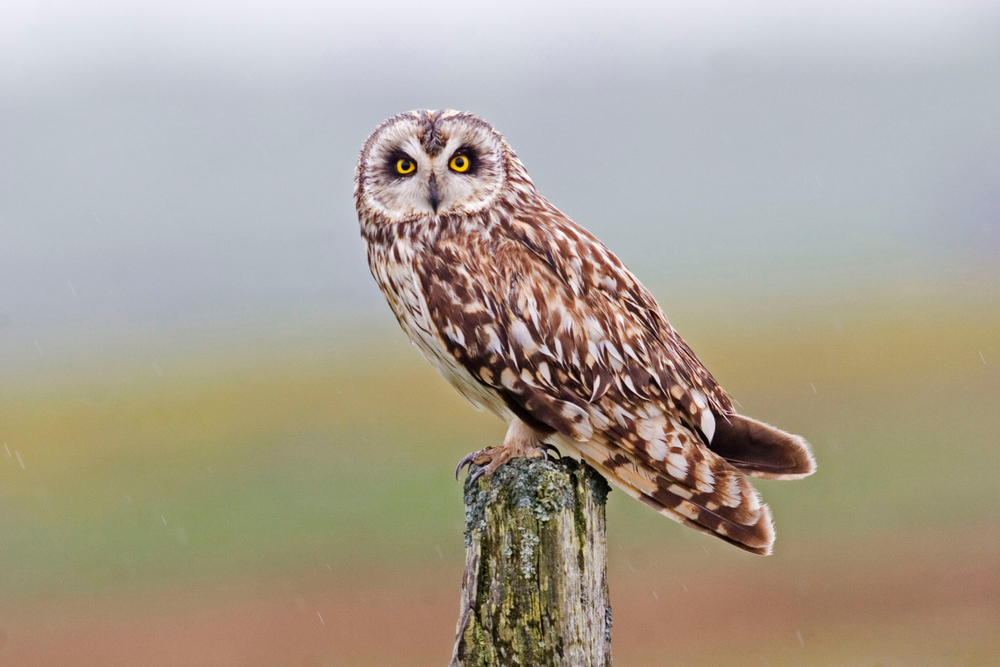
Owls are first mentioned in scripture within the passages about dietary restrictions[2] – all six different kinds of owls are listed here. Such emphasis was an indicator that the Hebrews were not to eat any kind of owl. The identification of certain animals as being “unclean” is a bit off-putting. It makes us wonder what is wrong with them. Very often animals are designated as unclean because they consume things that are dead. This has some importance in terms of human health because it may prevent the transmission of zoonotic diseases – diseases which can be transmitted between humans and animals.
There may be an even more important reason for restricting owls from their diets. Owls are predators and serve to reduce the number of rodents which were also present in human communities – rodents that would have been getting into the human grain stores. It would be unwise to kill and eat the animals which are protecting your other sources of food. So, it could be that this designation of being “unclean” is not just about what is wrong with this animal, but what is right. In either case, this prohibition is an indicator of God’s constant care and provision for his chosen people.
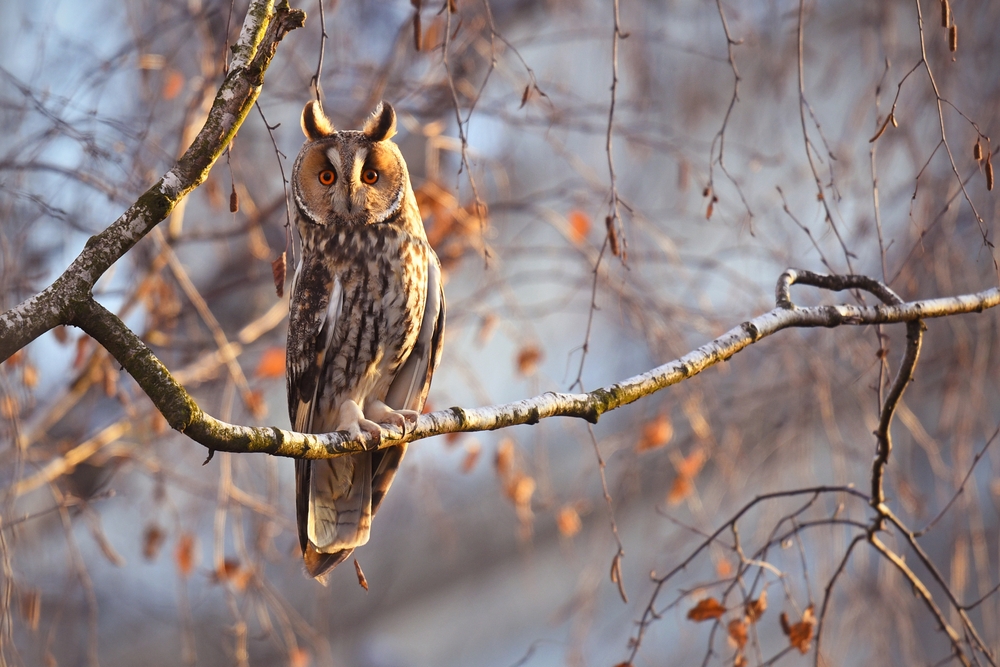
Another way in which owls are recognized in scripture is for their solitary nature. They are associated with loneliness and despair[3]. Job in his suffering describes himself as being a “companion of owls”. He is suffering not just from his physical maladies, but from the social abandonment which resulted from his illness. One of the psalmists also likens himself to a desert owl as he laments being ostracized due to the persecution by his enemies. He is so despondent from being outcast he forgets to eat and “eats ashes like bread”. Both writers express the sense of abandonment not just from people, but from God himself. Nevertheless, both cling to a future hope that God will bring about restoration.
Perhaps the most ominous use of owls in scripture is by the prophets[4]. In several places, they describe how human habitations will become desolate, and will be occupied by owls and other desert animals. Rather than being a sign of despair, this actually is a sign of hope. The human habitations of which the prophets refer are those of the enemies of Israel – the Edomites, the Assyrians and the Babylonians. God is telling the people of Judah that their attackers and captors will ultimately be destroyed and be forgotten. The owls here are not an indicator of isolation and loneliness, but an indicator of redemption and restoration.
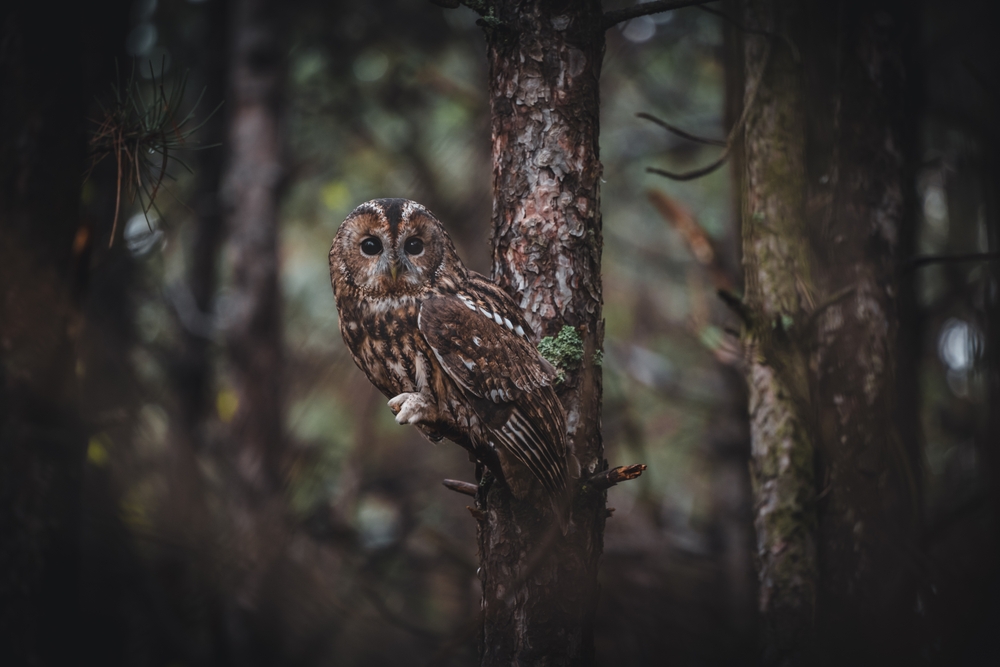
In these prophetic declarations, I also see a call for a sense of humility. The prophets are indicating God’s creation will always fill the void left by men. We tend to think of humans as being, in some way, a pinnacle of God’s creation, but the purpose of man to “know God and enjoy him forever” does not seem to be relegated to humans alone. Numerous passages in scripture indicate that all of creation is actively doing this (you can read more about that here). Even Isaiah recognizes this when he writes, “The wild animals honor me, the jackals and the owls, because I provide water in the wilderness and streams in the wasteland, to give drink to my people, my chosen, the people I formed for myself that they may proclaim my praise.” (Isaiah 43:20, NIV) The owls in these desolate places serve as a reminder of our tentative status before our Creator. We are valuable to God, but we are not necessary to God.
If owls are praising God, how much more should we do the same? We can first praise God for how he wonderfully designed this creature with so many unique features which make it a stellar predator in its ecosystem. We can also praise God for what owls signify to us in scripture. While the nature of owls seems to be somewhat austere and ominous on the surface, at a deeper level they stand as hopeful figures in scripture. They represent the protection, provision, redemption and restoration that comes to us from God.
[1] The authors of this website have attempted to make connections between the biblical references to owls and the extant species of owls in the Middle East: https://www.jewishvirtuallibrary.org/owl-2 . General information about owls in Israel can be found at this website: https://www.birds.org.il/en/species-family/14
[2] Leviticus 11:16-18, Deuteronomy 14:15-17
[3] Job 30:29, Psalm 12:6-7
[4] Isaiah 13:21, 34:11-15; Jeremiah 50:39, Micah 1:8, Zephaniah 2:14
fascinating! Never knew this about owls within scripture! Thanks for teaching us something new and presenting it in a way where we can glorify God with it!
LikeLiked by 1 person